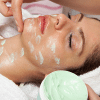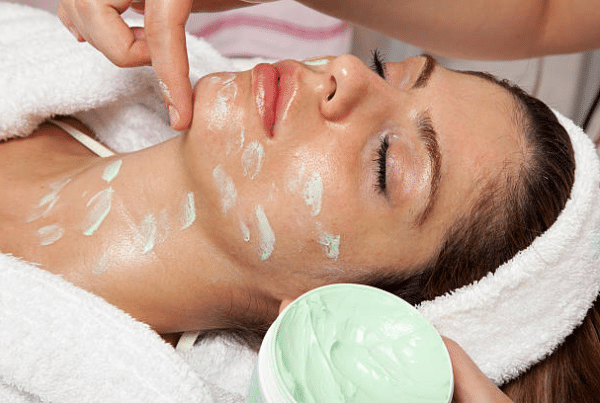What Are Pores?
Pores are minute openings in the skin that play a crucial role in maintaining its health. There are two types of pores: sweat pores and hair follicles. Sweat pores release sweat to regulate body temperature, while hair follicles are associated with hair growth.
Types of Pores
There are two main types of pores: Sweat Pores and Oil Pores. Understanding the difference between them is essential in comprehending their impact on your skin’s appearance.
Factors that Influence Pore Size
Genetics
Our genetic makeup plays a significant role in determining our pore size. If your parents have larger pores, you are more likely to inherit this characteristic.
Age
As we age, our skin loses its elasticity, causing pores to appear larger. This natural aging process can’t be entirely avoided but can be managed effectively.
Skin Type
Oily Skin is more prone to enlarged pores as excess sebum production can lead to clogged and stretched pores. On the other hand, Dry Skin may also suffer from visible pores due to the lack of moisture.
Sun Exposure
Excessive sun exposure can damage collagen and elastin, making pores appear larger. Protecting your skin from harmful UV rays is crucial.
Clogged Pores
The accumulation of dirt, debris, and dead skin cells can clog pores, making them appear more noticeable. Regular cleansing and exfoliation are essential to prevent this.
Hormonal Fluctuations
Hormonal changes, such as those occurring during puberty or pregnancy, can significantly impact your pores. Increased oil production during these times can lead to pore enlargement and acne.
 Minimizing the Appearance of Pores
Minimizing the Appearance of Pores
While you can’t change your genetics, there are steps you can take to minimize the appearance of pores:
Cleanse Regularly: A proper cleansing routine helps keep pores clear and reduces the buildup of dirt and oil.
Exfoliate: Exfoliation removes dead skin cells, preventing them from clogging pores and making them appear larger.
Use Retinoids: Retinoids can improve skin texture, making pores appear smaller.
Sun Protection: Wearing sunscreen daily protects your skin from UV damage and helps maintain pore health.
Professional Treatments: Consulting a dermatologist for treatments like chemical peels or laser therapy can effectively reduce pore size.
Do Pore Strips Effectively Remove Blackheads?
Pore strips can help temporarily remove blackheads, but they may not address the underlying causes of pore issues. Regular skincare is essential for long-term results.
Is it Possible to Completely Shrink Pores?
Pores can’t be permanently shrunk, but their appearance can be minimized through proper skincare and treatments.
How Can I Prevent Pores From Getting Clogged?
Regular cleansing, exfoliation, and using non-comedogenic products can help prevent pores from getting clogged and enlarged.
Conclusion
Pores are an integral part of our skin’s functionality. Their size and appearance are influenced by genetics, sebum production, aging, sun exposure, skincare habits, and hormonal fluctuations. While you can’t change your genetic makeup, adopting a proper skincare routine and protecting your skin from UV damage can go a long way in maintaining healthy-looking pores.
 5 6 1 . 8 1 0 . 0 5 5 5
5 6 1 . 8 1 0 . 0 5 5 5 







